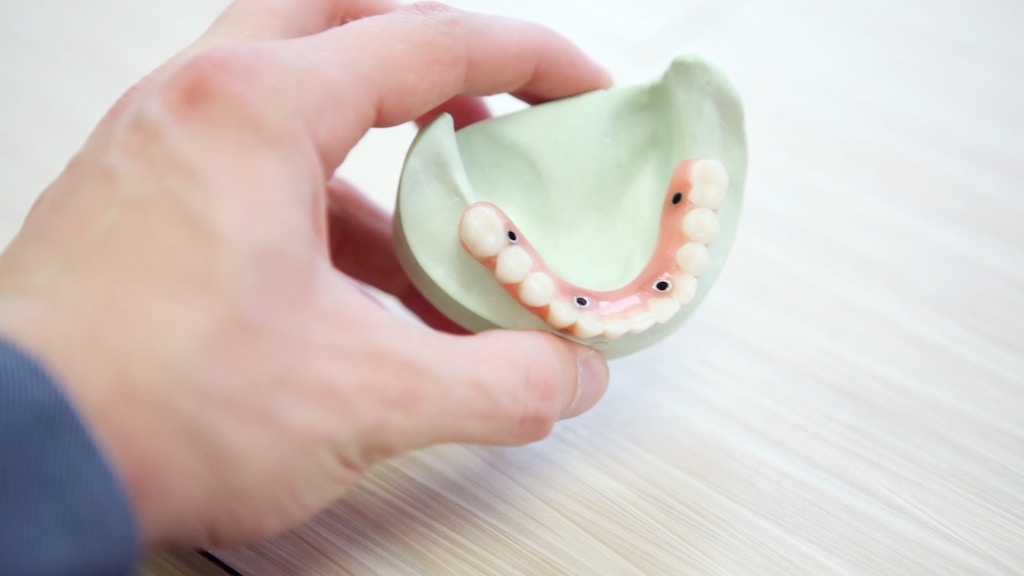How Tooth Removal can Save You Time, Stress, and Money.
Summary Knowledge tooth removal is an operation to remove one or even more wisdom teeth the four irreversible grown-up teeth situated at the back edges of your mouth on the top and bottom. If a wisdom tooth does not have space to expand (influenced wisdom tooth), resulting in discomfort, infection or other oral troubles, you'll likely need to have it drew.
To prevent prospective future issues, some dental practitioners and also dental doctors suggest knowledge tooth extraction also if influenced teeth aren't currently causing troubles. Why it's done Wisdom teeth, or 3rd molars, are the last irreversible teeth to show up (erupt) in the mouth. These teeth usually show up between the ages of 17 and 25.

For others, wisdom teeth appear usually just as their other molars did and trigger no worry. Several people develop impacted knowledge teeth teeth that don't have enough space to emerge into the mouth or establish normally. Affected knowledge teeth might emerge just partly or not in all. An influenced wisdom tooth might: Expand at an angle towards the following tooth (2nd molar) Grow at an angle toward the back of the mouth Grow at an ideal angle to the various other teeth, as if the wisdom tooth is "relaxing" within the jawbone Grow directly or down like other teeth however remain caught within the jawbone Issues with impacted knowledge teeth You'll likely require your affected knowledge tooth pulled if it causes issues such as: Pain Capturing food and particles behind the wisdom tooth Infection or gum tissue condition (periodontal illness) Dental caries in a partially emerged wisdom tooth Damages to a nearby tooth or surrounding bone Development of a fluid-filled sac (cyst) around the knowledge tooth Difficulties with orthodontic treatments to correct other teeth Preventing future dental issues Oral professionals differ about the worth of drawing out influenced knowledge teeth that aren't causing issues (asymptomatic).
The Only Guide for Tooth Removal
However, below's the reasoning for precautionary extraction: Symptom-free knowledge teeth might still harbor condition. If there isn't adequate area for the tooth to erupt, it's frequently difficult to reach it as well as tidy it correctly. Significant issues with wisdom teeth occur less usually in younger grownups. Older grownups may experience trouble with surgical treatment as well as difficulties after surgical procedure.
Nevertheless, elimination of impacted wisdom teeth periodically needs a medical technique that entails making a cut in the periodontal cells and also removing bone. Hardly ever, complications can include: Uncomfortable dry outlet, or direct exposure of bone when the post-surgical embolism is shed from the website of the surgical injury (outlet) Infection in the socket from germs or entraped food fragments Damage swollen gum near wisdom tooth to nearby teeth, nerves, jawbone or sinuses Just how you prepare Your dental professional may do the treatment in the workplace.

Along with making the location numb with local anesthetic, your surgeon may recommend sedation to allow you to be a lot more comfy throughout the treatment. Inquiries to ask Concerns you might intend to ask your dental expert or dental cosmetic surgeon include: The amount of knowledge teeth require to be removed What type of anesthesia will certainly I receive How complicated do you expect the treatment to be The length of time is the treatment most likely to last Have the affected wisdom teeth caused damage to other teeth Exists a danger that I might have nerve damages What other oral therapies could I require at a later day The length of time does it require to totally heal as well as return to typical task Preparing for surgical procedure A wisdom tooth removal is generally performed as an outpatient baby tooth pulled out with root treatment.

Tooth Extraction Things To Know Before You Buy
You'll get instructions from the hospital or oral clinic team on what to do prior to the surgical treatment and the day of your arranged surgical treatment. Ask these concerns: Will certainly I require to make arrangements for somebody to drive me residence after the treatment When do I need to get to the dental center or healthcare facility Do I require to avoid consuming food or drinking liquids or both (fast) If so, when do I begin Can I take my prescription drugs prior to the surgical treatment If so, how quickly prior to the surgical procedure can I take a dosage Should I stay clear of any kind of nonprescription medicines before the surgical treatment What you can anticipate During the procedure Your dental expert or oral surgeon may utilize one of 3 kinds of anesthetic, depending on the anticipated complexity of the wisdom tooth removal and your convenience degree.
Your dental professional or oral cosmetic surgeon carries out neighborhood anesthetic with one or even more shots near the site of each removal. Prior to you obtain a shot, your dentist or cosmetic surgeon will likely apply a material to your gum natal teeth removal tissues to numb them. You're awake throughout the tooth extraction. Although you'll feel some stress and also movement, you shouldn't experience discomfort.

Your dental practitioner or oral specialist provides you sedation anesthetic via an intravenous (IV) line in your arm. Sedation anesthetic subdues your consciousness throughout the treatment. You don't really feel any kind of pain and also will have limited memory of the treatment. You'll additionally get neighborhood anesthesia to numb your periodontals. General anesthetic. In special scenarios, you may be used basic anesthetic.